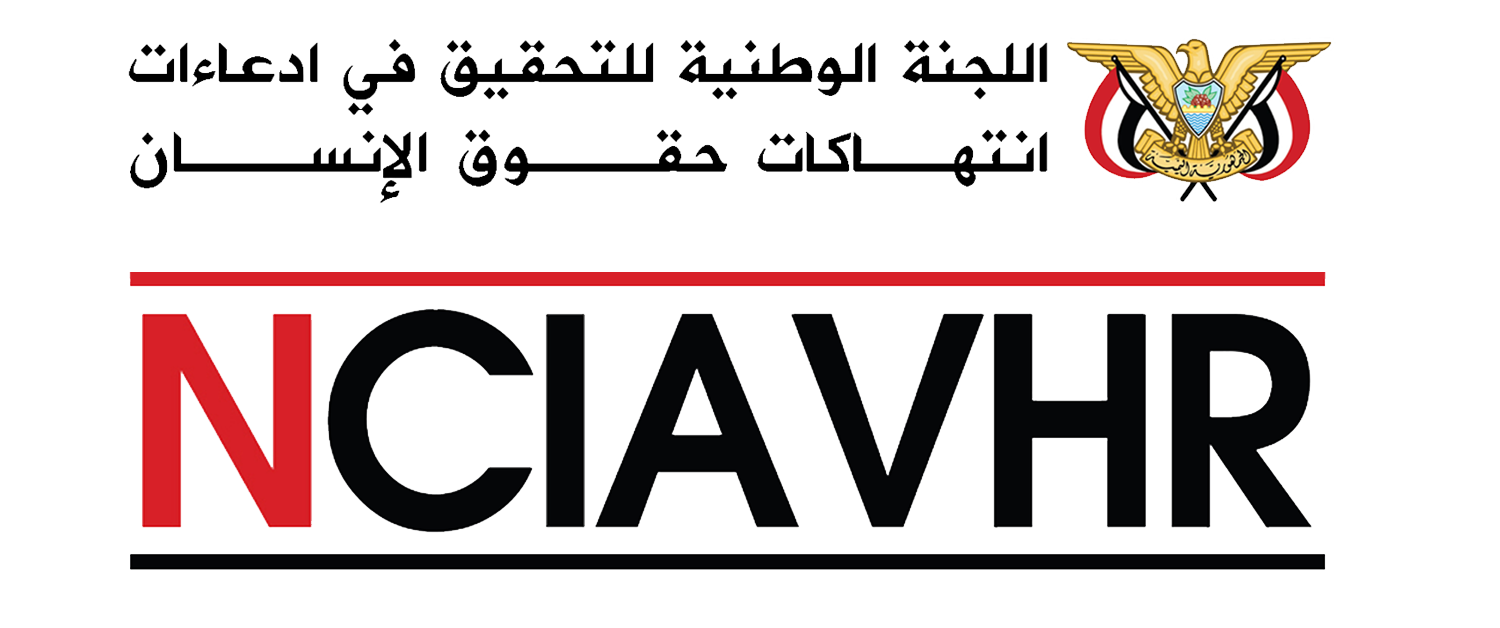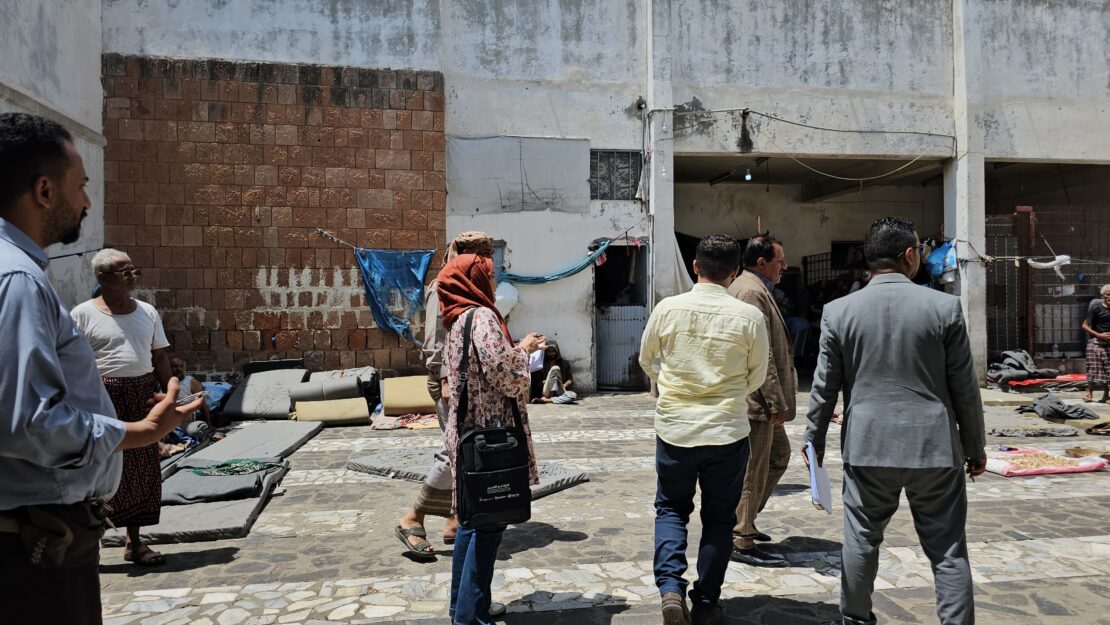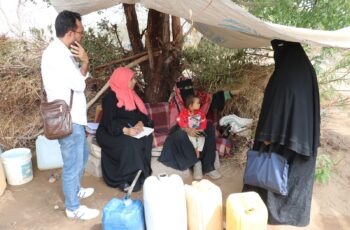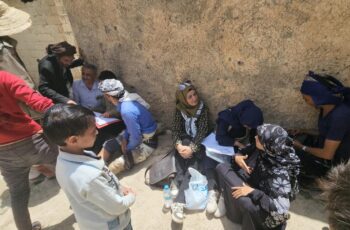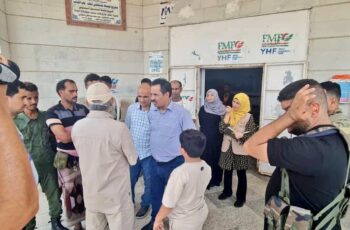NCIAVHR Reviews Legal and Humanitarian Conditions of 951 Inmates at Taiz Central Prison
Taiz | June 14, 2025
On Saturday, the National Commission to Investigate Alleged Violations of Human Rights (NCIAVHR) carried out a field visit to the Central Prison in Taiz Governorate to assess the legal and humanitarian conditions of 951 inmates, including 14 women.
The visit began with a meeting between the Commission’s team and the prison administration, during which key challenges facing the inmates were discussed—particularly issues related to food, access to drinking water, and medical services. Colonel Essam Al-Kamil, Director of the Central Prison, noted that the current situation is dire. Despite repeated appeals to the relevant authorities, the financial allocations remain insufficient to meet even the most basic needs of prisoners and detainees.
The Commission’s delegation was led by Judge Ishraq Al-Maqtari, accompanied by researchers from the Commission’s Taiz office. The team reviewed prison operations, examined legal records, and assessed the legal status of inmates. They also inspected the overcrowded wards and documented more than 75 cases of individuals suffering from mental and psychological disorders in the absence of a psychiatric facility equipped with professional staff and necessary medication.
The team met with several inmates who voiced demands for improved healthcare, especially for those with chronic conditions such as diabetes, hypertension, and liver disease. Inmates also complained about the spread of skin infections and fevers, particularly during the summer months, amid the lack of an on-site medical unit in one of the country’s most overcrowded prisons.
Some inmates reported acute shortages of food and drinking water, with many left in a state of hunger. They also called for the acceleration of judicial procedures. The Commission team noted that nearly 200 inmates remain in detention despite court orders for their release on bail—orders that remain unfulfilled due to the inmates’ inability to secure the required guarantees.
The visit also included an inspection of the women’s section, where female inmates voiced concerns about nutrition, healthcare, and their right to legal aid and expedited court hearings.
This visit is part of the Commission’s broader efforts to enhance national oversight of prison conditions and contribute to addressing the obstacles that hinder compliance with national and international standards related to the rights of prisoners and detainees.
